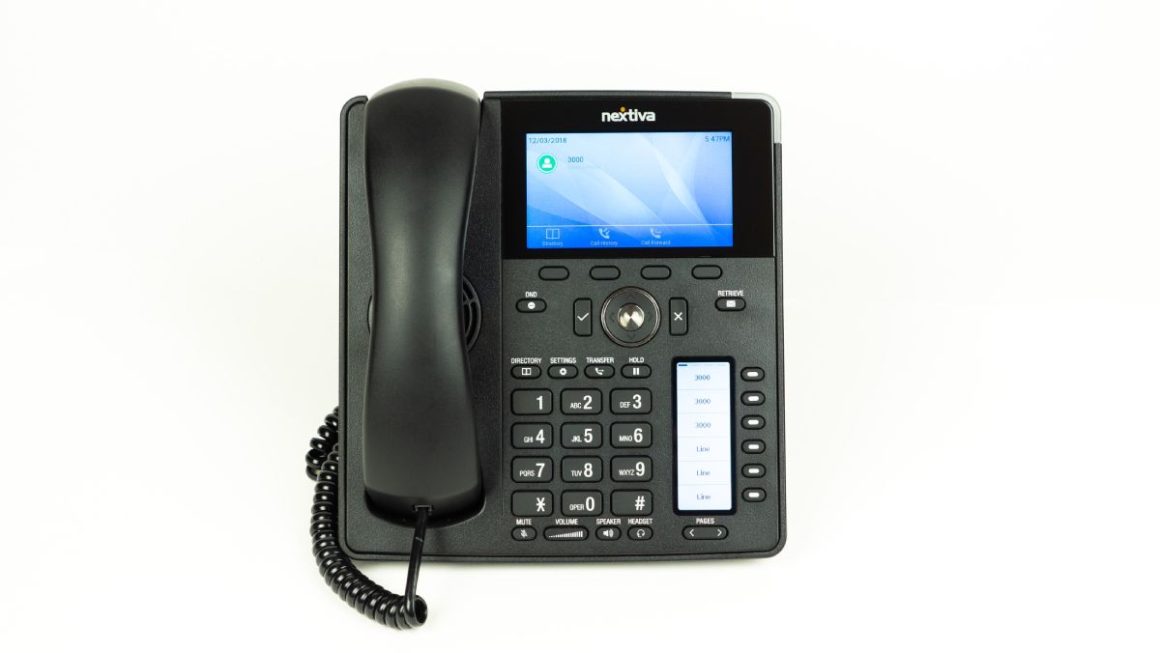You strain tea with a tea strainer; you open cans with a can opener; and your business can log data with – you guessed it – a data logger.
In a nutshell, a data logger is an inexpensive and yet eminently impressive electronic microprocessor device that does precisely what it says on the tin – it grabs and it stores raw data. That data is typically then processed on a computer, with the interpreted output used for a myriad of reasons.
In the business world, the overarching aim is to spot trends and anomalies that improve the efficiency of operations, boost productivity and turnaround times, minimize errors, reduce costs, improve output, save energy, and a million other business vectors that ultimately mean bigger profits and faster growth.
Need an example? How about the haulage industry, where an industrial temperature logger can keep detailed records of temperatures in refrigerated trucks. Do the temperatures fluctuate?; at what times do they fluctuate?; by how much do they fluctuate?; what can be done to minimize such fluctuations? – and so on and so on.
But there are also humidity loggers to monitor humidity-sensitive areas; pressure loggers to measure gas and liquid pressures; and vibration loggers that keep tabs on all of those vibrations and shocks. And that’s on top of data loggers designed to monitor sound levels, water levels, light intensity.
Is there an aspect of your business that might benefit from the efficient capture and interpretation of more data? How about:
Automation
Without a data logger, what goes on in your business is at risk of human bias. With a device to automate the logging process, you not only get rid of that bias and reduce your HR costs, you ensure that the information you use to interpret what’s going on in your business is also error-free and timely.
Table of Contents
Data processing
Hand in hand with data loggers’ automation benefit is that the devices can be set up in a system that automatically processes and analyses the data according to a series of complex algorithms. Even on a Sunday morning at 4 am, your data logging system can be churning out numbers to be automatically plotted on graphs or in tables, ready to be seen when you get to work on Monday morning.
The long game
If your current operations mean that data is only being manually assessed from time to time, you’re only getting a snapshot. It would be like taking a single temperature reading on the hottest day in summer and concluding that it is always 40 degrees. With a data logger in play, your data acquisition is permanent, allowing you to never miss a beat and identity longer-term trends.
Reliability
If it’s someone’s job to keep tabs on one aspect of your business or another, you’re opening the door to potential mistakes – or good old human forgetfulness. In contrast, data loggers never forget to do their job, and they always do it perfectly.
Safety
If data recordings need to be taken in inaccessible or dangerous locations, you’re making life a lot more dangerous for your staff – and regulations may not allow people to go into these areas at all at the crucial moments. Data loggers, on the other hand, are specifically designed for the purpose – and they won’t complain or get hurt if they’re in harm’s way!
Speed
Even if it’s your dedicated job, how many times can you take a manual data snapshot? If the answer is ‘every now and then’, then consider this: data loggers are capable of taking multiple readings every single second, often from an array of multiple sensors. That’s simply something we humans can’t do.
The final word: Data loggers make better businesses
It may sound obvious, but businesses that succeed are businesses that understand the most about their own business. And yet, each and every day, quintillions (yes, that is a number) of bytes of data are being wasted by businesses all around the world.
The businesses that don’t waste those quintillions, though, use data to improve customer care; minimize waste; improve their products and processes; better train staff; minimize delays and downtime; cut out errors and recognize problems; become more efficient and productive; make better and more innovative decisions – and so on. Are you logging the data you need? It could be time to invest in a data logger.




